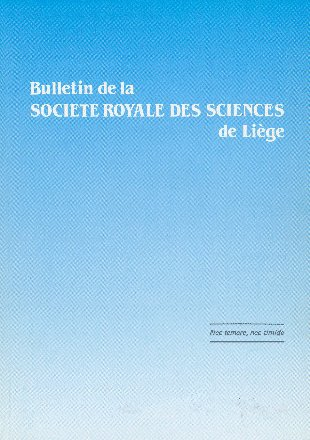- Startpagina tijdschrift
- Volume 86 - Année 2017
- Special issue
- Evaluation of GMDH and MLP Networks for Prediction of Compressive Strength and Workability of Concrete
Weergave(s): 1062 (2 ULiège)
Download(s): 886 (1 ULiège)
Evaluation of GMDH and MLP Networks for Prediction of Compressive Strength and Workability of Concrete

Documenten bij dit artikel
Version PDF originaleAbstract
Measurement of compressive strength and workability of concrete as the most important mechanical properties of concrete have always been a significant topic to designers. Considering a large number of parameters influencing the mixed design of concrete and the reduction in the number of test samples, today various inferential algorithms are used for discovering relationships, predicting mechanical properties, and identifying nonlinear patterns along with optimizing concrete mixtures. Among these algorithms, artificial neural networks are highly effective and reliable alternative for complicated systems with uncertain structure in which the aim is to obtain different kinds of relationship between the input and output variables with high orders. The methodology used in this study is based on MLP and GMDH artificial neural networks, which lack theoretical basis and are known as inverse engineering (IE) or black box models. To present a model for prediction of these parameters, two artificial neural network approaches were investigated and the performance of GMDH model, when comparing the laboratory results with the predicted values, suggests acceptable accuracy of this model in evaluation of compressive strength and slump.






